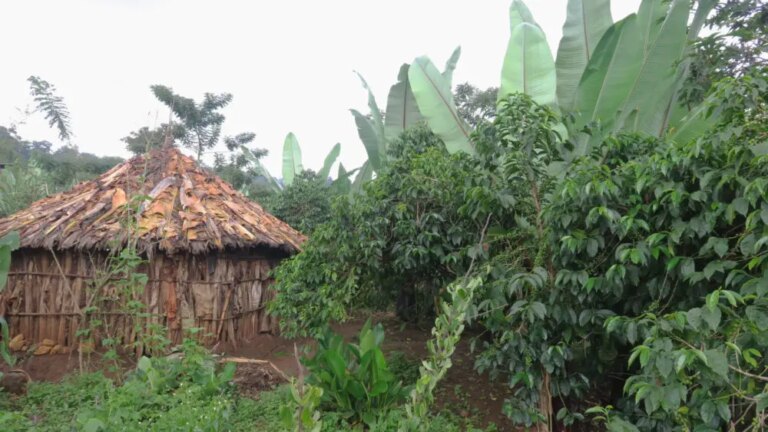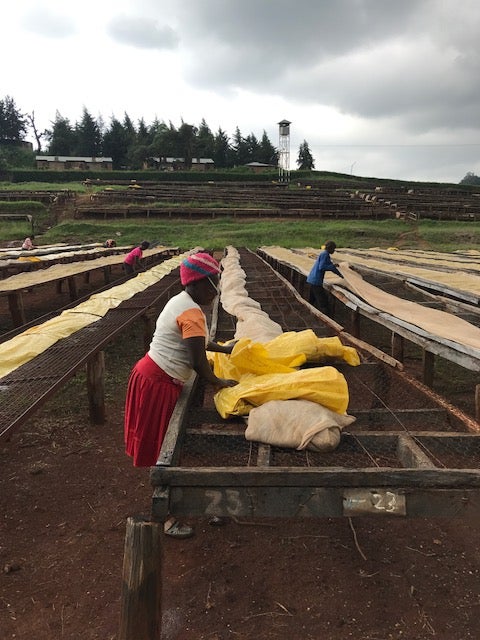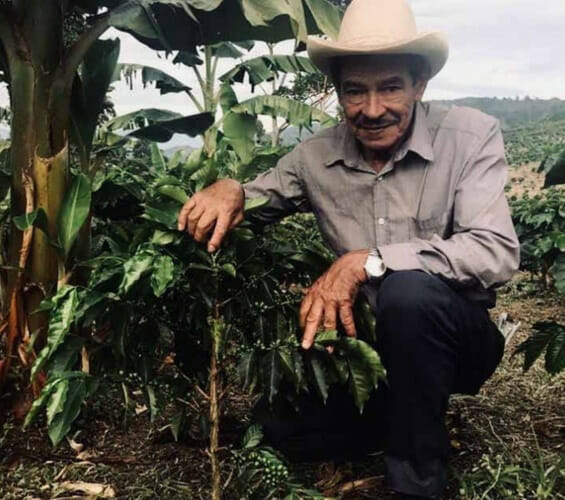
GLASS HIVE, Ethiopia
Blood Plum, Marmelade, Peach
Processor: Wete Webanchi Washing Station
Varietal: Heirloom
Processing: Supernatural
The Konga Wete Webanchi washing station serves as a prime illustration of the harmonious convergence between specialty coffee production and local community support. Situated adjacent to a school near the town of Wete, both Primrose and Project Origin collaborate closely with the educators and staff to provide the necessary assistance for educating the local children. This dual approach enhances both the quality of life for the community and the coffee produced at the washing station.
During their search for a suitable location for a new washing station, Meseret and Abraham, the husband-and-wife duo behind Primrose, intentionally selected this site. The decision was motivated by the station's proximity to a school and the town of Wete, ensuring convenient access to electricity — a considerable challenge in certain rural areas of Ethiopia. This availability of electricity empowers the station to continue coffee processing even after sunset, a task that often poses difficulties at other washing stations.
Around 3-5 days later, the piles are thinned out to assist the reduction in moisture contentduring the day, before being stacked again and covered in plastic sheets (like a cocoon) to maintain warmer temperatures in the fruit for a few hours into the evening. This process continues for around 6-12 days, before being reverted to a more standard process for natural coffees; leaving the cherries spread out more thinly and dried for between 15-25 days. Through this extensive process, producers are better able to create unique flavour experiences and enhance different qualities in different lots.


